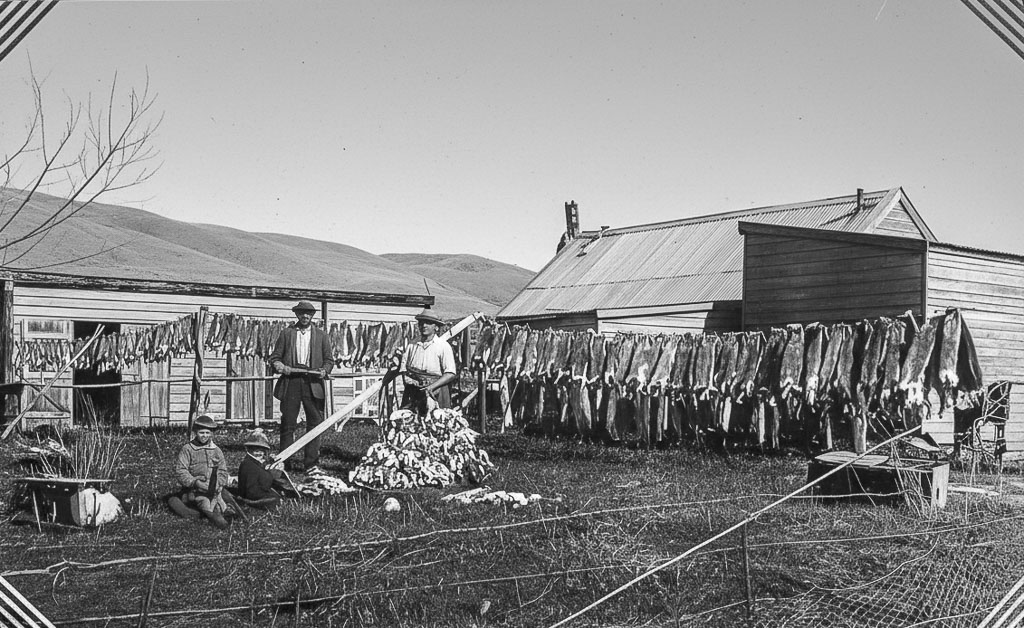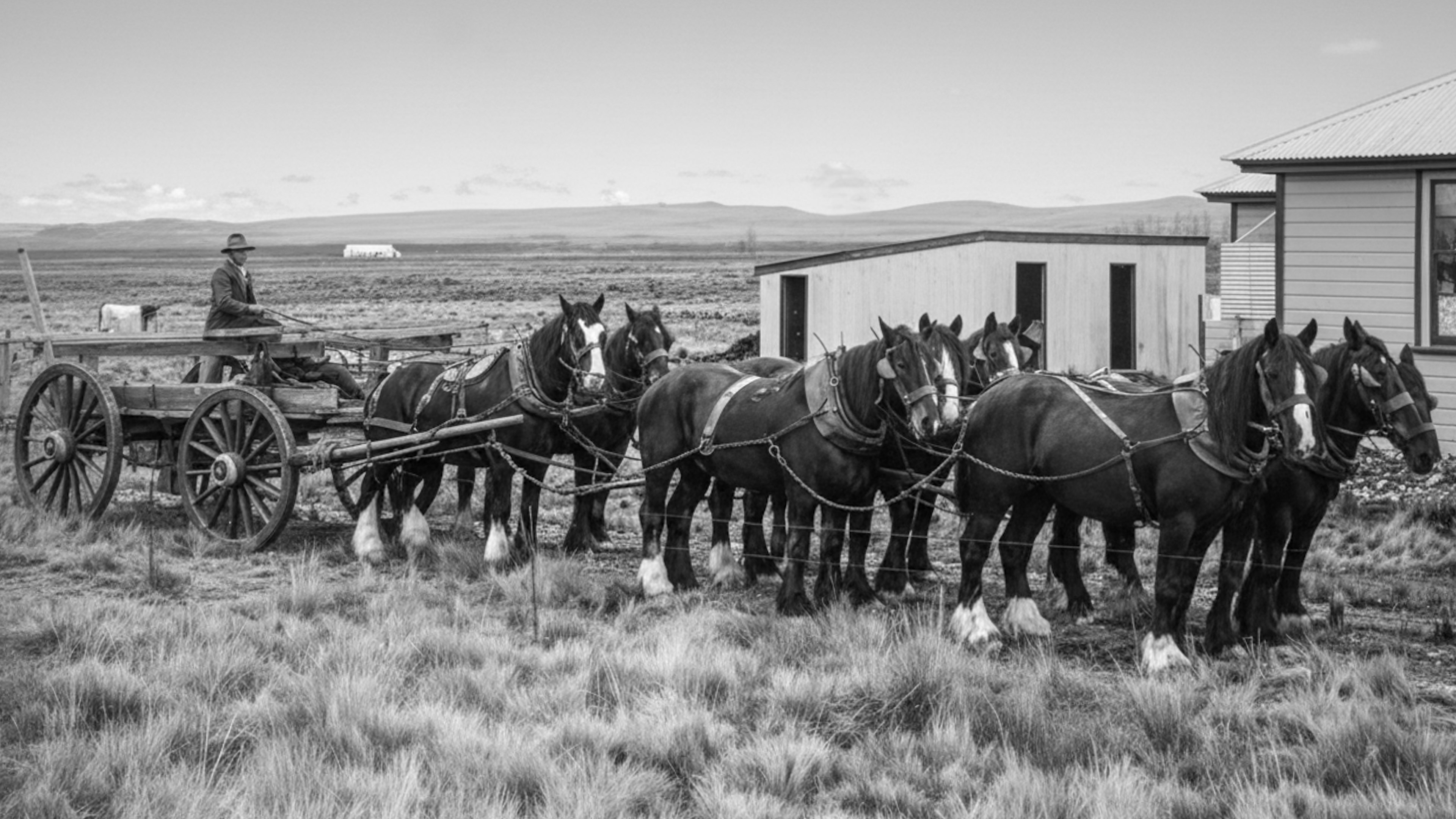Simon's Pass (1913-1914)
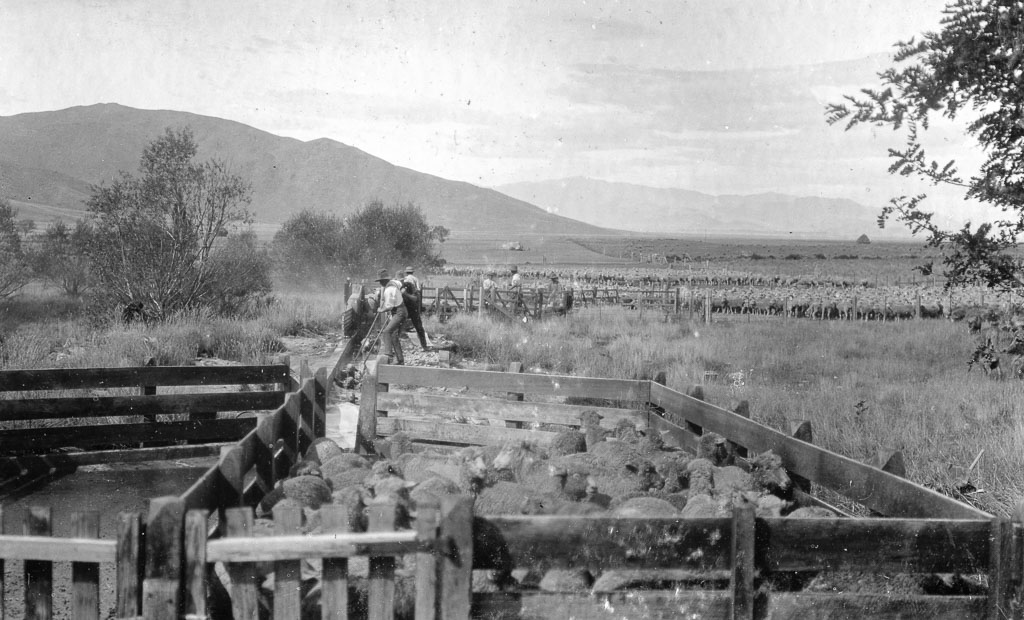
The station was managed by their son, Jack, and Dad was working there with the sheep so as to learn all about farming in New Zealand. Mother did the housekeeping and cooked for Jack and also for his mother whenever she chose to visit, which was much too often for my mother's liking as Jack's mother was a tiger of a woman who liked to be waited on. Their wages were 150 pounds a year and found (food and accommodation).
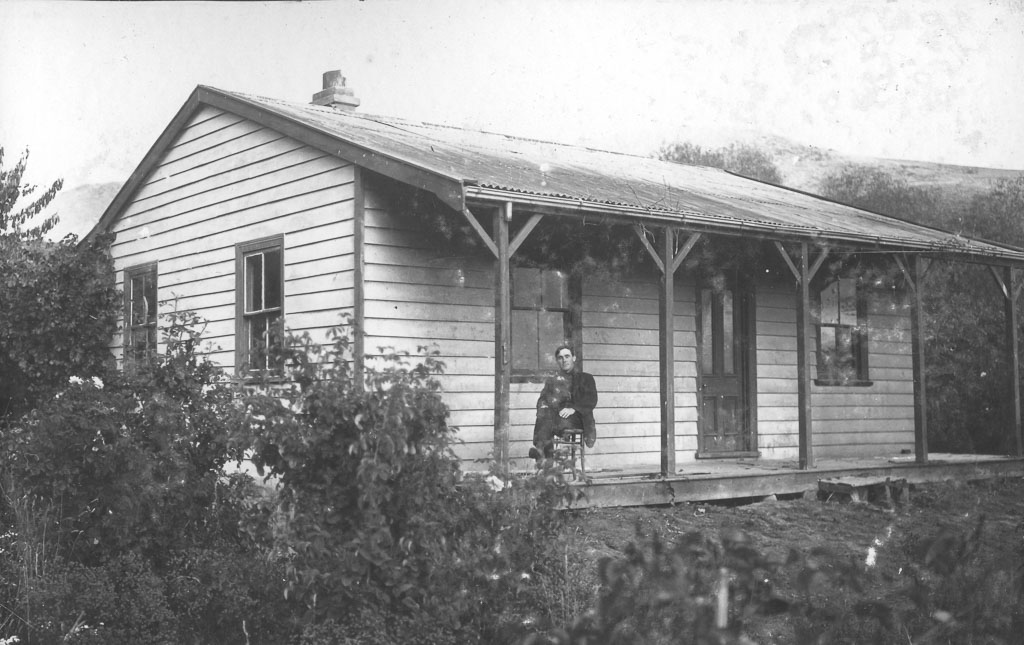
While we lived there my mother became friendly with Evelyn Hoskins of Simon's Hill Station who was the author of "Life on a Five Pound Note".
Irishman Creek (1914)
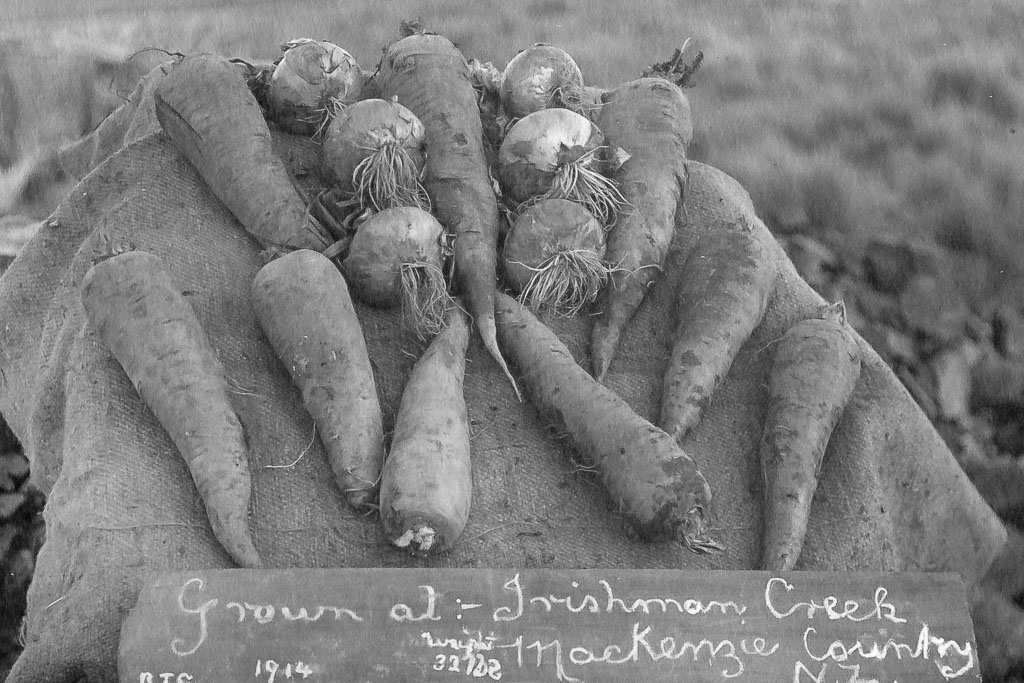
After six months at Simon's Pass we moved to Irishman Creek which, like Simon's Pass, is close to Lake Tekapo. In those days there was no electric power. All cooking and heating was provided by the coal range in the kitchen. Water was very precious as it was rainwater which was collected from the roof and stored in 200-gallon tanks.
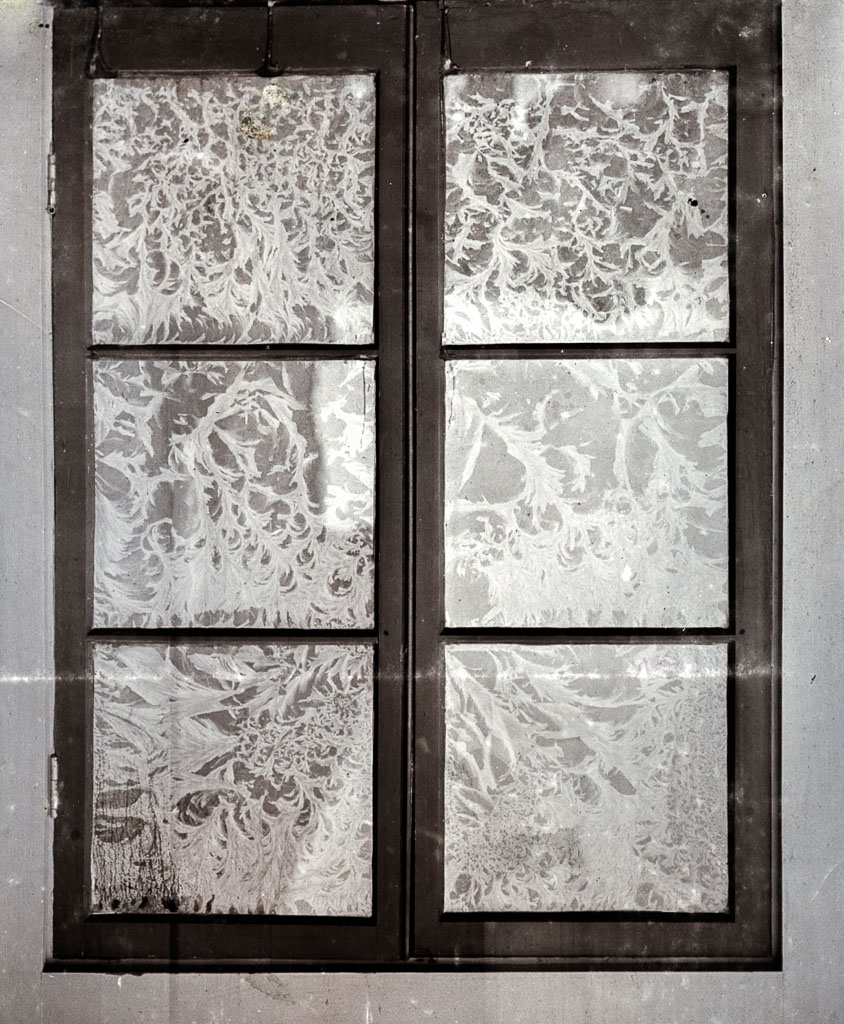
Dad used to fish in both Irishman Creek and Lake Alexandrina where he caught a number of large and beautiful Rainbow Trout.
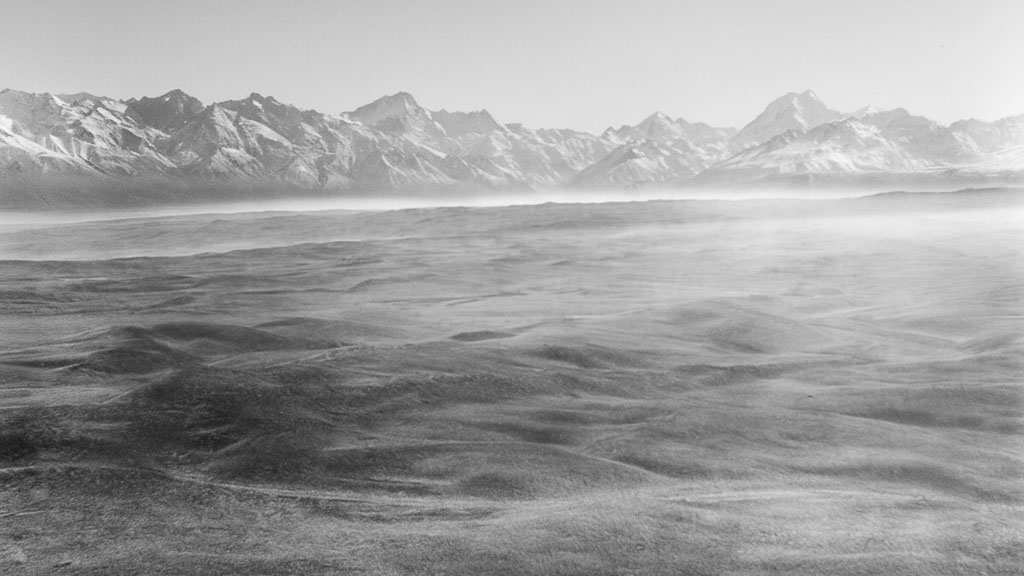
Historical Note: Irishman Creek is, these days, well known as the home of the Hamilton Jet. It was here that the Hamilton Jet was developed by Mr. Hamilton who bought the station from the Le Cren's.
Taiko Flat (1915-1916)
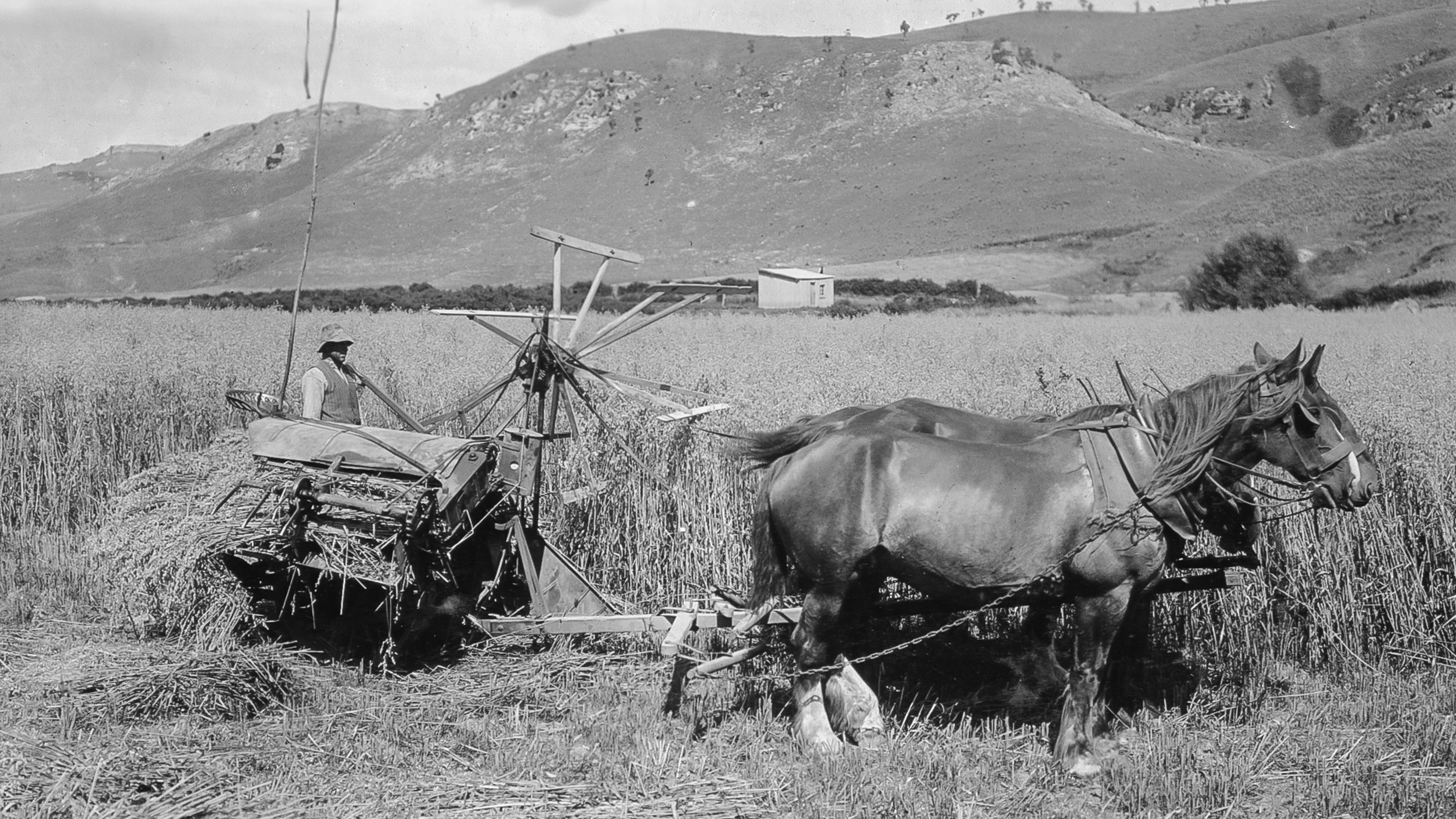
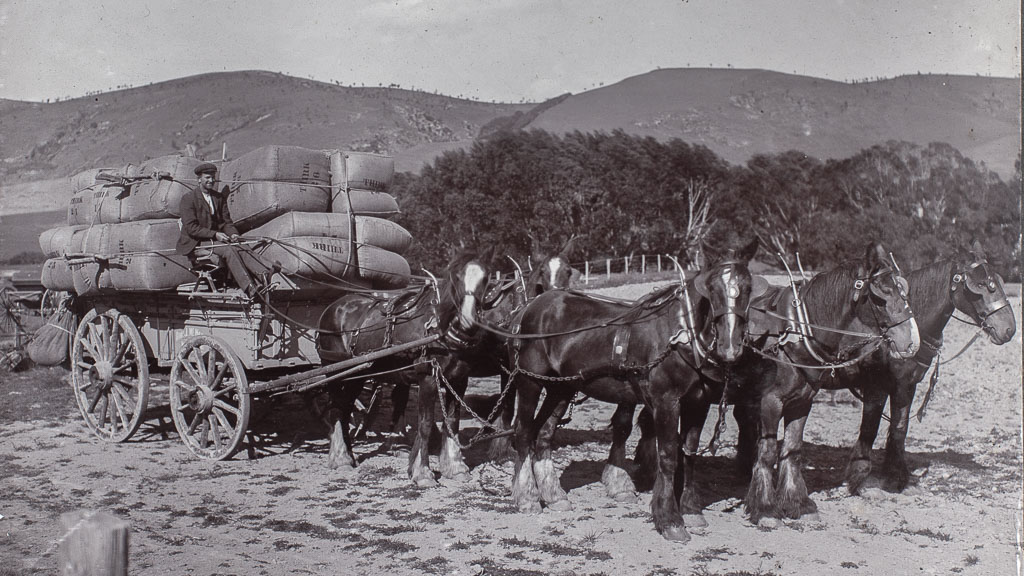
My brother Harry was born on 6 March 1915. While my mother was carrying Harry we moved to Taiko Flat. Taiko was 10 or 12 miles from Timaru and conditions here were somewhat better. The bathroom had hot and cold running water and there was also water over the kitchen sink. The water was artesian and was pumped up and to the house by a windmill driven pump.
The toilet was a "long drop" which had two seats: one for the adults and a smaller one for the children. This was a horrible place, and I avoided it like the plague, though I did manage to drop my doll down it, never to be seen again.
Life on the Farm
Dad gained a lot of experience on the farm, which was a mixed one with sheep, cattle and cropping. The owner, Mr. Wigley, was away a lot and this gave Dad a lot of experience, which was to prove useful in the future.
Waitohi (1916)
Our next home was a different kettle of fish; a job at Waitohi just north of Timaru. This farm was owned by a widow called Mrs. Chapman. She was a wily old dame who treated my parents like skivvies. We children were not allowed to be seen and certainly not on the lawn.
Mother had to wear a starched white apron while she waited on the family. She wore a blue uniform while working in the kitchen. It was very hard work cooking for the entire household, keeping the children out of sight, making butter and doing the household laundry. Dad worked very long hours, and it was all very hectic. We stayed only six weeks.
Holme Station (1916-1918)
Our next move took us to Holme Station, the property of Arthur Elworthy, 8 miles from Timaru. Dad was appointed as head teamster, of which there were three, while Mum cooked.
The layout of the place was like a small village consisting of a manager's house, three gardener's houses, a "butcher's shop" and the cookhouse in which we lived.
The Cookhouse
The cookhouse was a large building containing a voluminous kitchen with two coal ranges. One was very large with two ovens and was used for large roasts and big milk puddings. The smaller stove had one oven and was the fast stove for quickly made scones and buns for morning or afternoon teas when there were harvesters or shearers working on the station.
There were six to eight men on the permanent staff and with two sinks and masses of hot water on tap there was plenty of activity in the kitchen.
The War Years
It was at this time that the First World War broke out. As a result, a number of the men left to go overseas. Holme Station was remembered as a happy time.
As Mum was now again pregnant, it became necessary for us to leave. Dad rented a house in Timaru where Mum, Harry and I lived until my sister Myra was born on 1 April 1918.
Maungati (1918)
After we left Holme station, Dad found a job on the roads smashing shingle. He was a roadman and was provided with a cottage and some grazing for his horse. After Myra was born we moved to Maungati to live with Dad.
This was a very hard time for Mum as she also performed the Post Office duties of stamps, telegrams and the telephone exchange from 9am to 5pm. I was nearly six and attended Maungati School. At times I was required to walk considerable distances to deliver telegrams after school.
Winter Hardships
As winter came, so did the snow. Even in winter I was required to walk the one-mile distance to school. As the snow was often 3-4 inches deep and I would always walk in the snow rather than in the clear tracks on the road, my feet were always wet and cold and I would have chilblains.
Transport and Daily Life
Our transport at that time was pony (Peggy) and trap. Peggy was very flighty and would shy at anything, a piece of paper, a gorse bush or her own shadow.
As a roadman, Dad used a heavy iron hammer to break stones all day. There were no sealed roads, and the roadmen broke up the stones to a suitable size to be spread on the roads for horse traffic and the occasional car. This must have been extremely boring for Dad.
We stayed at Maungati for six months.
Miekleburn (1918-1921)
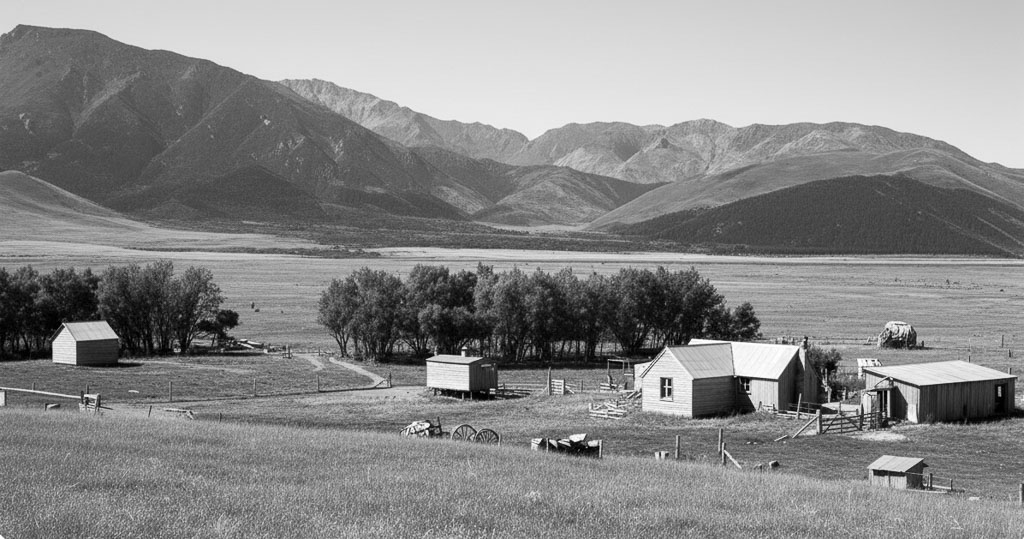
We arrived at Miekleburn in the spring of 1918. We had travelled by train from Timaru to Fairlie and completed the last 23 miles to Miekleburn in an old car belonging to John Bray, the owner of Miekleburn Station. In those days, it was the end of nowhere - 23 miles from Fairlie and 5 miles from the nearest neighbours at Clayton Station.
The House
The house was dreadful. There was about 2 inches between the floor and the soil underneath. The ceiling was very low and the stove was at the narrow end of the kitchen, which was very small. The chimney for the stove was built on the outside wall of the house and was formed from yellow clay.
When the wind blew the drum would lean over with the wind so every time the wind changed, the drum would lean in a different direction. There were only two bedrooms, a kitchen and a lean-to scullery. There was no electricity, no water laid on to the house, no sink or bathroom.
Water Supply
Water was bailed out of the creek, which was 50 yards from the house. At the creek there were two concrete blocks set in the water six inches from the bank and eighteen inches apart. To obtain the water it was a matter of standing on the blocks with a foot on each one and dipping the bucket into the gap between which had been deepened to accommodate the bucket.
Winter Conditions
Winter in this area was atrocious. Snow, at least two feet deep, surrounded the house and icicles ten to twelve inches in circumference hung from the roof almost to the ground. They would drip slowly from 10am and would freeze again by 3.30pm.
The house was very cold. There was a potbellied stove in the children's room, which would be lit at 5pm on very cold nights. This would be left to burn out by 11pm. We all had hot water bottles but if these were pushed out to the end of the bed, they would contain crunchy ice by 9am the next morning.
Children's Adventures
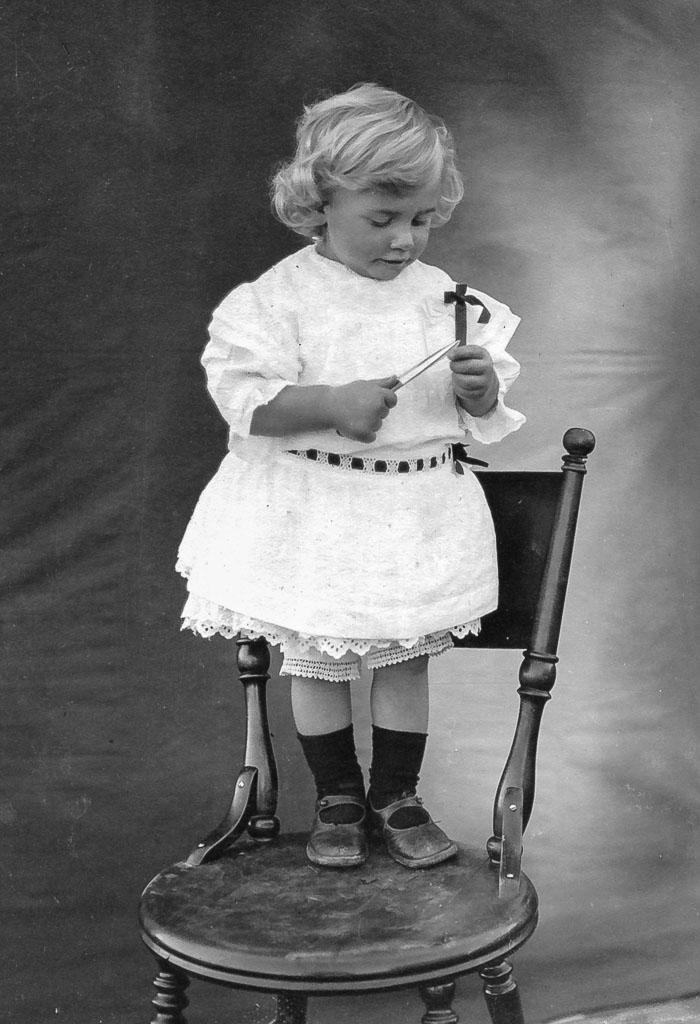
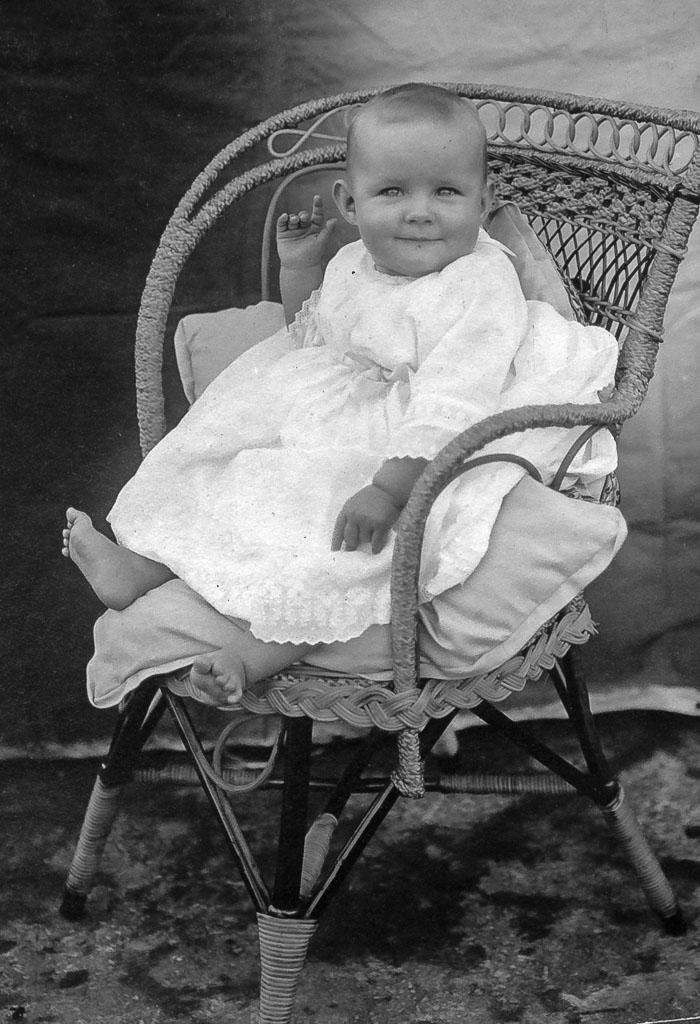
There were no organised amusements for children, so we made our own. The rooster was always fair game. He would fly at our legs and peck them. This was not a pleasant experience so we decided that as he could not swim, we would throw him in the creek and drown him.
Harry chased and caught the rooster and threw him into the deep part of the creek, about halfway across the footbridge. There was thrashing of wings and spluttering, he reached the bank, shook himself and flew at us again. He hardly missed a day's swimming after that and after about the fourth time he swam quite well. After a couple of weeks he could swim as well as any duck, but he always returned to peck our legs. I think he probably won the war.
The Faithful Horse Ginger
One day, a sad day as far as the children were concerned, Dad was driving a mob of sheep over the very old log bridge. When he was leading Ginger over a most frightening thing occurred. Suddenly a rotten log under Ginger's hind legs gave way. Down through the bridge went Ginger's hindquarters.
Dad stayed talking to him while Uncle Arthur went off for the saws. They sawed steadily for ages while the children cried and sometimes screamed. Eventually Dad stood on a rock which, fortunately, was perfectly placed in the water. Uncle Arthur, on the bridge with the crosscut saw, cut through the old tree trunk and Ginger slid down and into the water. He was quite calm and was pelted with praise, he stayed perfectly still all through the whole proceedings.
Leaving Miekleburn
Harry was six years old and the law said that all children must attend school. We were sorry to leave, but we left on March 31st 1921. Next day, we were at Springbrook. Mum was pleased, as she had not seen another woman for 6 months. She knew she would have close neighbours, the Gosdens, who had been friendly when they lived at Holme Station.
